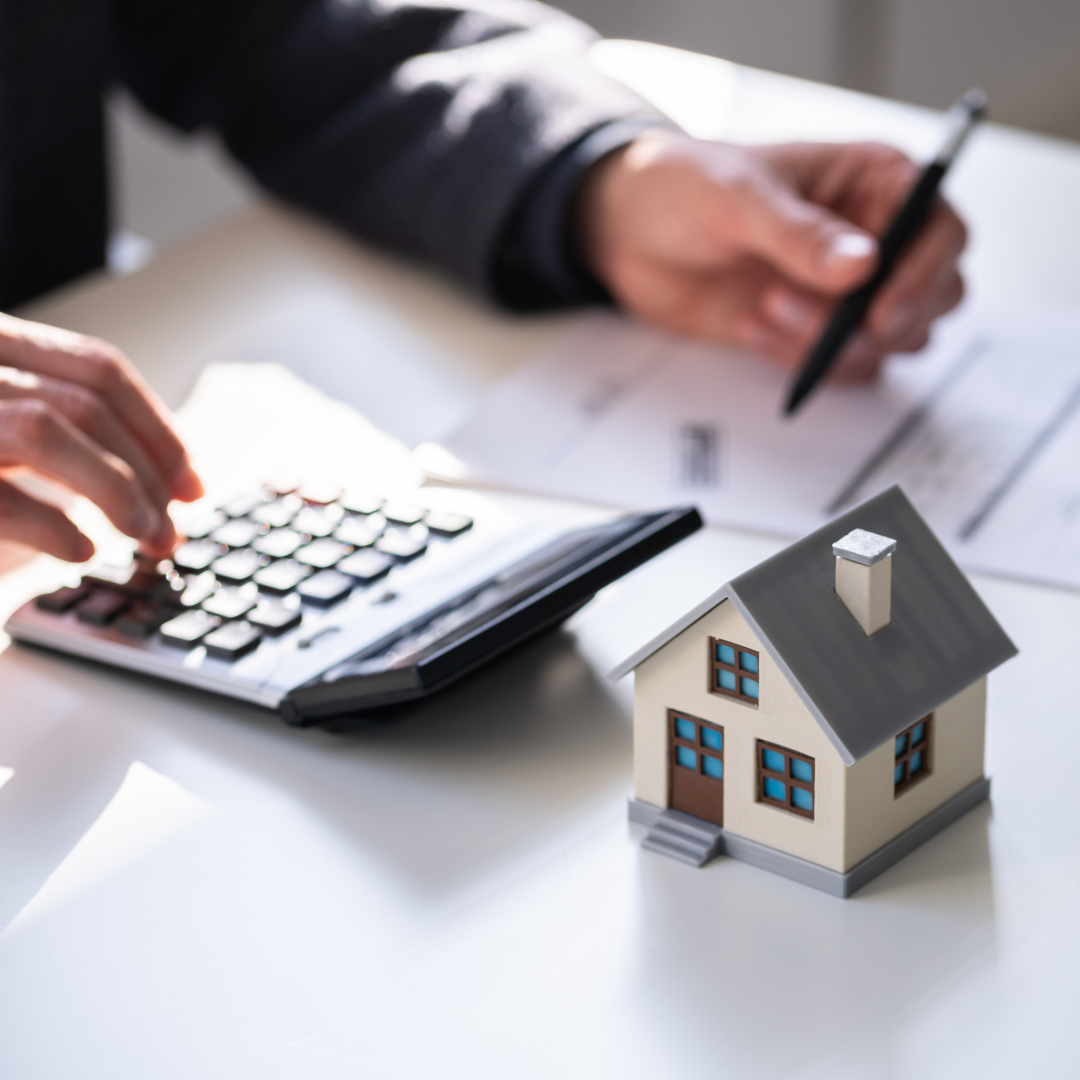
1. How Property Taxes are Calculated in Austin
Property taxes in Texas are based on the appraised value of your home. Each year, the Travis County Appraisal District (or Williamson County Appraisal District, depending on where you live) assesses your property to determine its market value. This assessed value is then multiplied by the property tax rate to calculate your annual tax bill.
In Austin, property tax rates include multiple components, such as:
- School District Taxes: These taxes make up a significant portion of the total and vary by district.
- City Taxes: Austin city taxes fund municipal services like police, fire, and parks.
- County Taxes: Collected by Travis or Williamson County to fund county-wide services.
- Special District Taxes: Additional taxes may be levied by utility or community improvement districts, such as MUDs (Municipal Utility Districts).
Key takeaway: Your property tax bill is based on the appraised value of your home and the combined tax rates from various local entities.
2. Austin’s Current Property Tax Rates
As of the most recent data, property tax rates in Austin generally range from 1.8% to 2.4% of your home’s appraised value, depending on location and school district. While Austin’s tax rates are higher than the national average, Texas has no state income tax, which can help offset the cost.
Example Calculation: If your home is appraised at $400,000 and your effective tax rate is 2.1%, your annual property tax would be around $8,400.
Key takeaway: Property taxes in Austin are relatively high, but the absence of state income tax helps balance the cost for many residents.
3. What Causes Property Taxes to Increase in Austin?
Property taxes in Austin have risen in recent years, mainly due to increasing property values. Austin’s real estate market has seen rapid appreciation, leading to higher appraised values and, therefore, higher property tax bills.
In addition, changes in tax rates from local governments, school districts, and special districts can affect the total rate. However, the primary driver of increased property taxes in Austin is the appreciation of home values, especially in sought-after neighborhoods like East Austin, Mueller, and West Lake Hills.
Key takeaway: Rising property values are the main reason for increased property taxes in Austin, although tax rates set by local entities also play a role.
4. Homestead Exemptions: How They Can Lower Your Property Tax Bill
If you own and live in your Austin home, you may qualify for a homestead exemption, which can reduce your property tax burden. A homestead exemption lowers the taxable value of your home, which can lead to significant savings over time.
In Texas, the general homestead exemption provides a $100,000 reduction in taxable value for school district taxes. Austin homeowners may also qualify for additional exemptions, including those for seniors, veterans, and disabled homeowners.
Key takeaway: Homestead exemptions lower the taxable value of your home and can save you a substantial amount on property taxes if you qualify.
5. Protesting Your Property Tax Appraisal
If you believe your property’s assessed value is too high, you have the right to protest the appraisal. Each year, property owners can submit a protest to their appraisal district if they think their home has been overvalued. Protesting can lead to a reduction in your home’s assessed value, and ultimately, your property tax bill.
The protest process typically involves gathering evidence (such as recent home sales in your area) to support your case. Working with a real estate professional or tax consultant can help make the process easier and improve your chances of a successful protest.
Key takeaway: If you think your property’s assessed value is too high, protesting the appraisal is a viable option for potentially lowering your tax bill.
6. How to Budget for Property Taxes in Austin
Property taxes are typically paid annually, but some homeowners prefer to set aside money monthly to avoid a large bill at the end of the year. If you have a mortgage, your lender may collect property taxes through an escrow account, spreading the cost out over 12 months.
If you’re new to Texas or Austin, budgeting for property taxes in addition to your mortgage is essential for managing housing costs effectively.
Key takeaway: Setting aside funds for property taxes each month, or utilizing an escrow account, can help you stay prepared and avoid surprises at tax time.
7. Future Outlook for Property Taxes in Austin
As Austin continues to grow, property values are likely to remain strong. While there are efforts to control property tax increases—such as statewide tax reform measures and local rate adjustments—property taxes will continue to be a significant cost for Austin homeowners.
Staying informed about local tax rate changes and using available exemptions can help you manage these costs. Consulting with a tax advisor can also be beneficial in making the most of your options as a homeowner in Austin.
Key takeaway: Austin’s property taxes are likely to remain a key consideration for homeowners, so staying proactive can help you manage this cost effectively.
Considering Buying in Austin? Let’s Connect!
Understanding property taxes is crucial when buying a home in Austin. My team and I can help you find a home that fits your budget and assist you with strategies to make the most of property tax exemptions and other options. Let’s chat and make your Austin homeownership experience a smooth one!








